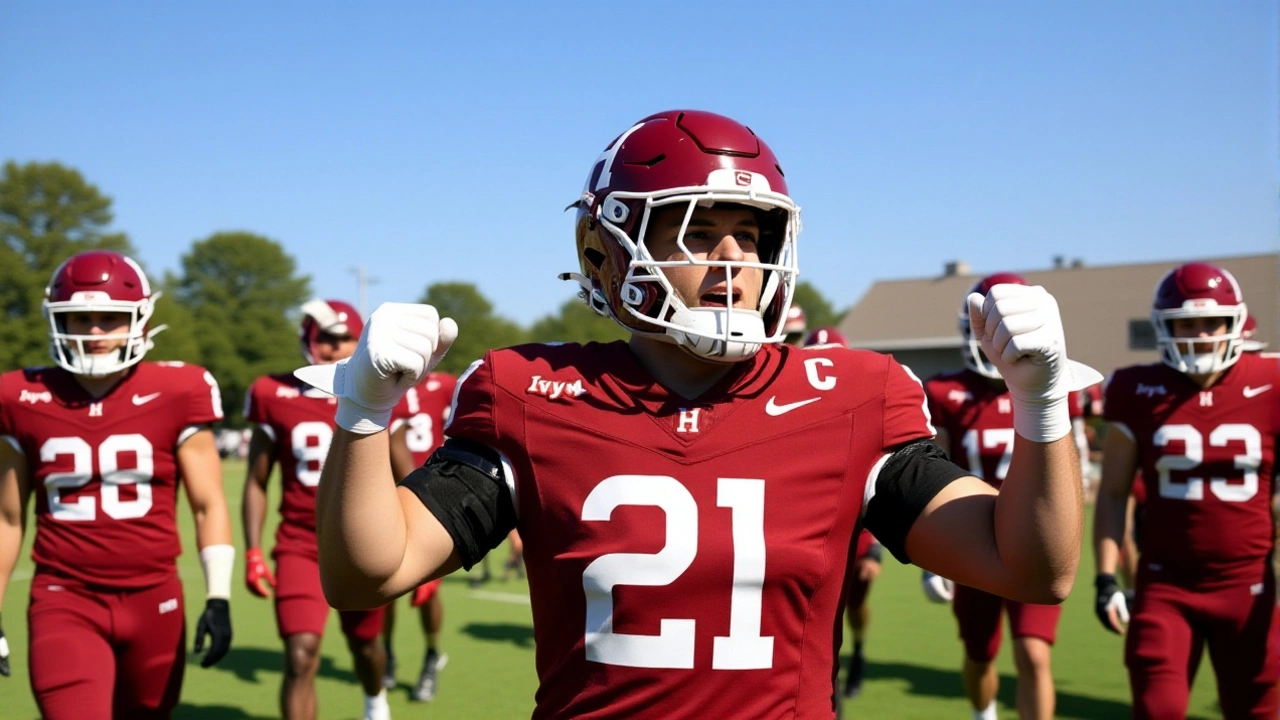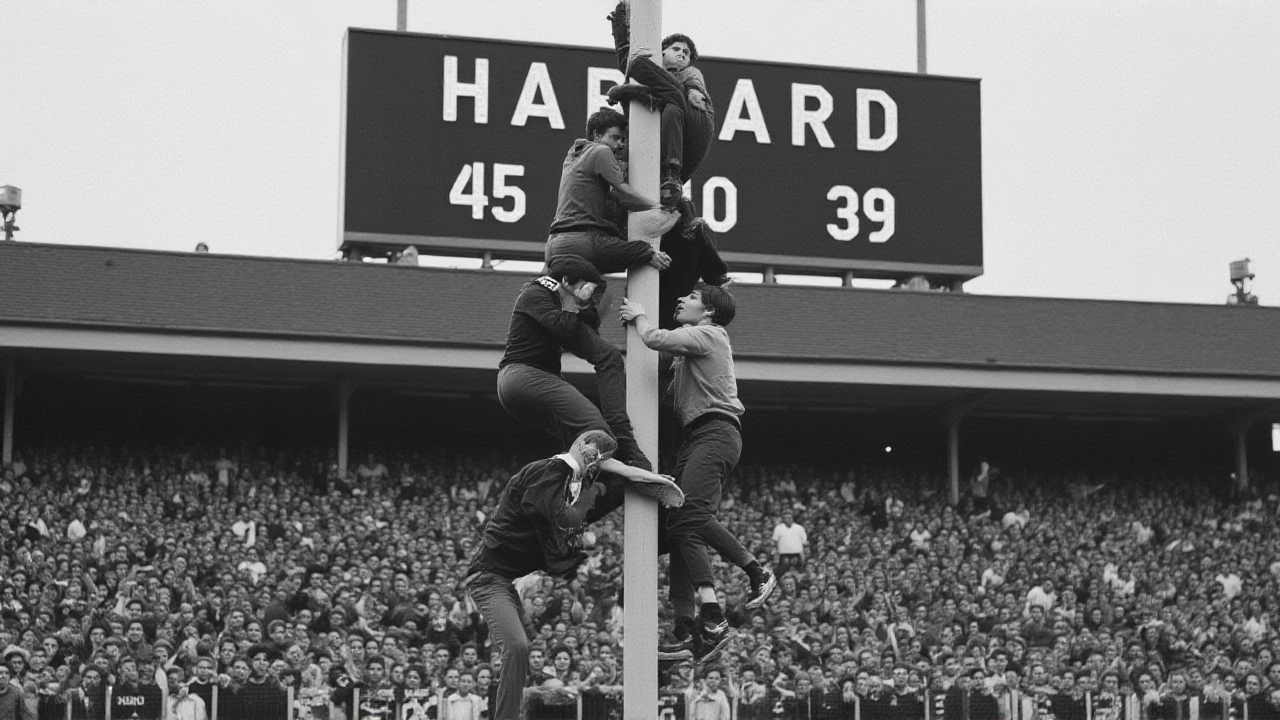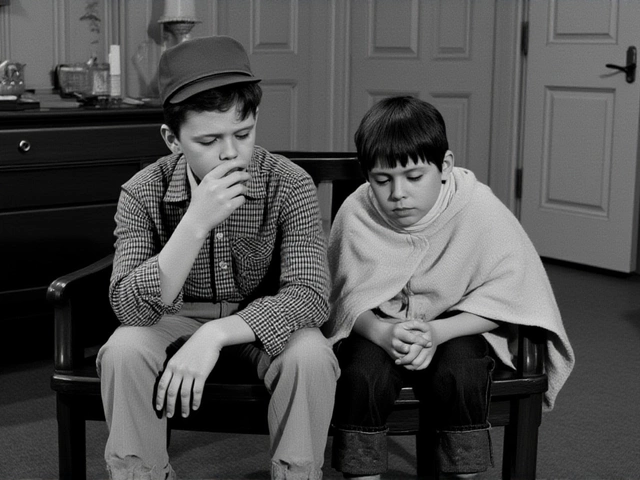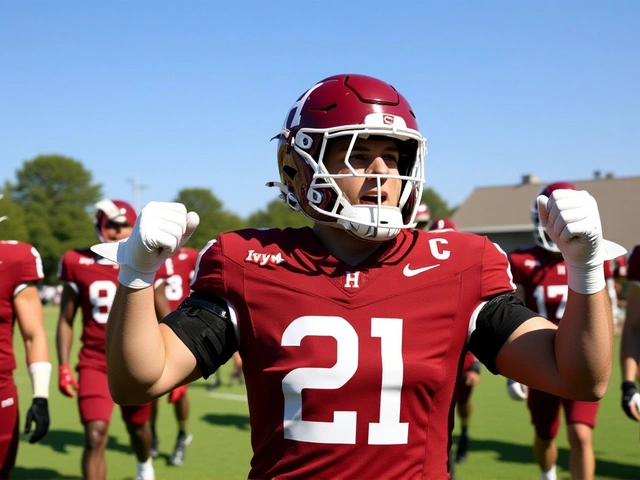
On a crisp November afternoon in New Haven, Yale didn’t just beat Harvard — it rewrote history. The Bulldogs rolled to a 45-28 victory at the Yale Bowl on Saturday, November 22, 2025, clinching the Ivy League championship and, more importantly, the conference’s first-ever automatic bid to the Football Championship Subdivision (FCS) playoffsNew Haven, Connecticut. For the first time since 1945, an Ivy League team would play for a national title — and it was Yale, not Harvard, that punched the ticket.
The End of an 80-Year Ban
The Ivy League’s postseason ban wasn’t just tradition — it was doctrine. Established in 1945, the rule kept football separate from the NCAA postseason machine while every other sport could chase championships. That changed in 2024, when the Ivy League Council of Presidents voted to lift the restriction. But no one knew how it would play out until Saturday. Harvard, 9-0 and ranked in the top 10 of both major FCS polls for the first time ever, had been the favorite. They’d survived a last-second field goal against Penn just a week prior. Yale? They were the underdogs with something to prove — and a senior class that had spent four years dreaming of this moment.
Defensive Steel, Offensive Fire
The game wasn’t pretty — it was brutal. Abu Kamara '27 and Ezekiel Larry '27 led a Yale defense that sacked Harvard QB Jaden Craig three times and broke up three critical passes. One of those breakups came on fourth down in the third quarter, killing a Crimson drive that could’ve tied the game at 28. Meanwhile, Yale’s offense, led by quarterback Benji Miller (who threw for 297 yards and three touchdowns), carved up Harvard’s secondary with precision. Three of those scores came in the final 12 minutes, turning a tight 28-28 deadlock into a blowout. The Bulldogs didn’t just win — they dismantled the narrative that Harvard was unstoppable.
Harvard’s Heartbreak
Harvard had everything going for them. A perfect record. A top-10 ranking. A senior class that had won two Ivy titles. Coach Andrew Aurich had said before the game, “You still gotta ultimately win the Ivy League championship to guarantee your spot.” And they didn’t. Safety Ty Bartrum put it bluntly: “We’re playing for the 10,000 Men of Harvard who never got this chance.” He was right. Since winning the 1919 Rose Bowl — the last time Harvard played in a postseason game — no Crimson team had reached the playoffs. This was their golden opportunity. And they blew it.

Legacy on the Line
For Yale, this wasn’t just about playoffs. It was about legacy. The Bulldogs’ seniors became the first class since 1951 — the Truman administration — to go 4-0 against Harvard. That’s 74 years. Four decades before most of today’s players were born. “We grew up hearing stories about the 1951 team,” said linebacker Drew Evans, a junior who’ll inherit the mantle next year. “Now we’re the ones they’ll tell stories about.” The victory also ended Harvard’s bid for its first undefeated season since 2014. For a program that had been ranked as high as No. 7 in the FCS, it was a stunning fall.
What Comes Next?
Yale will now enter the FCS playoffs as the Ivy League’s automatic qualifier. But here’s the twist: Harvard, despite the loss, is still likely to get an at-large bid. They’re ranked No. 9 nationally, with the strongest schedule in the conference. That means the Ivy League — a conference that hadn’t seen a playoff team in 80 years — could send two teams to the postseason for the first time ever. The selection committee will announce the bracket on Sunday, November 23. If both teams make it, it’ll be the first time in NCAA history that two teams from the same conference, both from the same city, meet in the FCS playoffs.

Why This Matters Beyond the Ivy League
This game wasn’t just about two old rivals. It was about the soul of college football. The Ivy League was the last holdout against postseason expansion. Its schools prioritized academics over athletics — and for decades, that meant no playoffs. But Saturday proved something: elite competition and academic rigor aren’t mutually exclusive. Yale and Harvard didn’t lower their standards to play. They raised their game. And now, the rest of FCS has to reckon with it. The Ivy League isn’t just a conference anymore — it’s a contender.
Frequently Asked Questions
How did Yale manage to beat a 9-0 Harvard team that was ranked in the top 10?
Yale’s defense, led by Abu Kamara and Ezekiel Larry, disrupted Harvard’s rhythm with three sacks and key pass breakups, while their offense capitalized on three Crimson turnovers. Harvard’s offense, which had averaged 38.4 points per game, was held to 28 — their lowest output since 2021. Yale’s offensive line also controlled the line of scrimmage for the final 20 minutes, allowing Benji Miller to pick apart Harvard’s secondary with precise short passes and play-action bombs.
Why was this the first time in 80 years an Ivy League team could make the FCS playoffs?
The Ivy League banned postseason play in 1945, fearing it would compromise academic priorities and lead to recruiting scandals. That policy lasted through seven decades of college football expansion. Only in 2024, after pressure from alumni and a shift in NCAA attitudes toward student-athlete opportunities, did the Ivy League Council of Presidents vote to allow FCS playoff participation — making football the last Ivy sport to join postseason competition.
Can Harvard still make the FCS playoffs even after losing?
Yes. Despite the loss, Harvard’s 9-1 record, strength of schedule, and national ranking (No. 9 in both major polls) make them a strong at-large candidate. The selection committee typically awards at-large bids to teams with top-10 rankings and minimal losses. If both Yale and Harvard qualify, it would mark the first time two teams from the same conference meet in the FCS playoffs — a historic first.
What does this mean for other Ivy League schools?
It changes everything. For the first time, schools like Princeton, Dartmouth, and Penn now know that winning the Ivy League isn’t just about bragging rights — it’s a direct path to a national title. Recruitment will shift. Coaches will build programs with playoff aspirations. And fans — long accustomed to seasonal pride without postseason stakes — now have a new reason to believe.
How does this compare to past Harvard-Yale games?
Past games were about tradition, rivalry, and pride. This one was about legacy. The 1968 tie (29-29) is legendary, but it was a statistical anomaly. The 1981 game, where Harvard came back from 14 down with 17 seconds left, was iconic — but it had no playoff implications. Saturday’s game was the first time the winner had a real shot at a national championship. As WBUR put it: “It’s been more than a century since there was this much at stake in The Game.”


